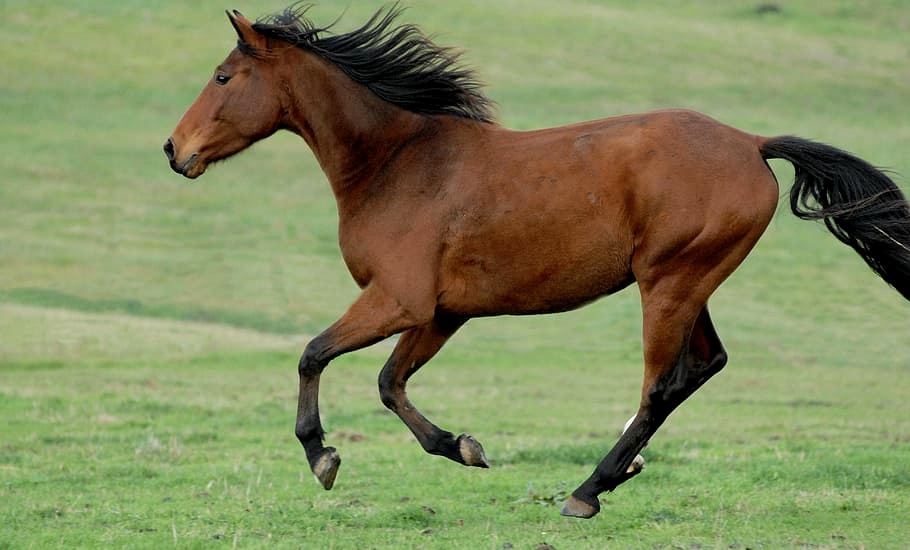In most climates, horses can tolerate cold temperatures with ease. However, extreme cold weather can be dangerous for horses if they are not provided with proper care and protection. This article will explore how cold is too cold for horses and the steps that can be taken to ensure their safety and comfort in cold temperatures.
Understanding Temperature Tolerance
Horses are generally well adapted to cold temperatures and can handle temperatures down to -20 degrees Fahrenheit without any major issues. However, horses can become stressed when temperatures drop below zero and their health can be compromised. Therefore, it is important to understand the effects of cold temperatures on horses and how to provide them with the best care during cold weather.
Factors That Affect Cold Tolerance
There are several factors that can affect a horse’s ability to tolerate cold temperatures. One of the most important is the horse’s breed. Some breeds, such as the Fjord and Icelandic, are adapted to cold weather and can tolerate even the most extreme temperatures. On the other hand, other breeds, such as the Thoroughbred, are not as well adapted to cold temperatures and may suffer from hypothermia in extreme conditions.
The horse’s age and health also play a role in their ability to tolerate cold temperatures. Young horses are more susceptible to cold weather than older horses, and horses that are in poor health are also more vulnerable to the effects of cold temperatures.
Finally, the type of housing and management can also affect a horse’s ability to tolerate cold temperatures. Horses that are kept outdoors in cold temperatures will need to be provided with shelter, warm bedding, and extra feed in order to stay warm and healthy.
Signs of Cold Stress
It is important to be able to recognize the signs of cold stress in horses, as this can help to ensure their safety and comfort during cold weather. Signs of cold stress can include shivering, lethargy, and a decrease in appetite. If a horse is displaying any of these signs, it is important to take steps to ensure their safety and comfort.
Providing Care in Cold Weather
Horses should be provided with shelter, warm bedding, and extra feed during cold weather. Shelter can help to keep horses warm and can provide protection from wind and snow. Bedding can help to insulate horses from the cold ground and can also provide some cushioning. Extra feed can help to keep horses warm and can also provide them with additional energy.
Horses should also be checked for signs of cold stress on a regular basis. If a horse is displaying any signs of cold stress, additional steps should be taken to ensure their safety and comfort. This can include providing additional shelter, bedding, and feed, as well as providing blankets or coats to help keep them warm.
Conclusion
Horses can generally tolerate cold temperatures with ease. However, extreme cold weather can be dangerous for horses if they are not provided with proper care and protection. It is important to understand the effects of cold temperatures on horses and know how to provide them with the best care during cold weather. This includes providing shelter, warm bedding, and extra feed, as well as checking for signs of cold stress on a regular basis. By taking these precautions, horses can stay safe and comfortable in even the coldest temperatures.

